Viewing the Big Picture in Dog Training
As a seasoned dog trainer, I can vouch for the significance of having a trusted spotter during dog training sessions. Much like how a photographer can’t fully understand the composition of a shot while being in the frame, it can be challenging for a trainer to grasp the entire dynamics of a training scenario when they’re in the thick of it.
Just yesterday, I had the honour of coaching when two of the trainers were having some trouble with the two ‘noodles’ – Teddy & Cobber, the Labradoodle siblings. I can’t wait for them to help clean up any of my training with Derry in the next two weeks.
The Value of a Trusted Spotter
The role of a trusted spotter in dog training is often understated but immensely valuable. These individuals provide an external perspective, assisting in identifying potential issues, behaviours, and moments of progress that might be overlooked from the trainer’s vantage point.
I feel less vulnerable and more relaxed about actually training my dogs when I have someone around who can spot anything I might miss. This attitude is something I’ve had for a long time since I love to learn – however, many dog trainers and even dog handlers, don’t share this viewpoint. They can often feel insecure about making mistakes and vulnerable to judgement, and what sucks about that? Well, you are probably more likely to make mistakes, which really is a good way to learn; after all you won’t get better unless you learn from mistakes. This obviously means you need to make some to learn 😉
One thing that stood out to me is how a head trainer can feel they have failed their mentees or students, when they feel more comfortable with a different trainer, in my case, I was not afraid to speak up when I disagreed with the head trainer. Later, the head trainer shared with me; ‘I feel like I am letting my guys down, how can I make my guys feel more comfortable with telling me when they disagree or have questions”
The simple answer is; ‘You can’t, it is not your responsibility. I take something I heard from Brené Brown, who said: ‘We are born makers. We move what we’re learning from our heads to our hearts through our hands’. How I apply it to my life; I take responsibility for my learning, not my teachers, and that means being vulnerable to judgement from my fellow peers, but that payment seems worth it when I can learn even more.
Stepping Outside the Frame
When we are immersed in training a dog, our focus tends to narrow down to specific goals or problem areas. It is like playing a sniper in any game, once you look down that scope, you lose complete peripheral vision, making it easier to lose the game (if you get my drift) and thus the objective.
This narrowed perspective, while useful in some situations, can cause us to miss essential cues or reactions. Having a spotter gives us the chance to step ‘outside the frame’ and receive feedback from a different angle.
Trust is Paramount
It’s crucial that this spotter is someone you trust—someone who understands your training methods, and whose judgement you respect. It doesn’t have to be someone who shares the same training methods, but rather the same values, after all, how am I going to learn if I am stuck in an echo chamber? In fact, one of the trainers is a positive-only trainer, whereas I am a balanced trainer – and we both know it. Yet, we are both open-minded and want to learn more, to add more to our knowledgebase, and we respect that we will agree to disagree, and respect that we make our own choices. This creates trust, and trust creates a beneficial collaborative environment and allows anyone to accept observations and feedback without reservations.
The thing is that it takes time to build up a relationship between you and your spotter because you might not have the same experience, goals in mind or even the same people skills. Why do I mention people skills? Because you are working with people, and here is what makes that hard – when you are so engrossed in the training, you can come across harsh and rude with your feedback. Or so I have been told, as an Autistic Dog Trainer, this is quite a challenge; not only can I not read people’s minds, but they can hide their true feelings. To top it all off, dog training is my special interest, if you know anything about Autistic people, we can be quite narrow-minded when it comes to our special interests, so we can miss quite a bit in our peripheral vision (whether it relates to the dogs or humans).
The Bigger Picture: Stay fluid
By combining our in-the-moment observations with the broader insights of a trusted spotter, we create a fluid view of the training process. This perspective allows us to tweak our techniques, address any overlooked behaviours, and enhance our training sessions’ efficacy.
Spotters in Dog Training—A Worthwhile Addition
In the end, involving a trusted spotter in dog training sessions provides invaluable feedback and perspective, leading to more comprehensive and effective training. Years ago, I heard Ted Efthymiadis, a good trainer and valued mentor, say; ‘it is hard to see the picture when you are in the frame’. If you can’t step out of the frame, then get a spotter, who provides us with an outside perspective, enriching our training sessions with their insights and observations. It will alow us to see aspects we may have missed and ultimately enable us to be better dog trainers.
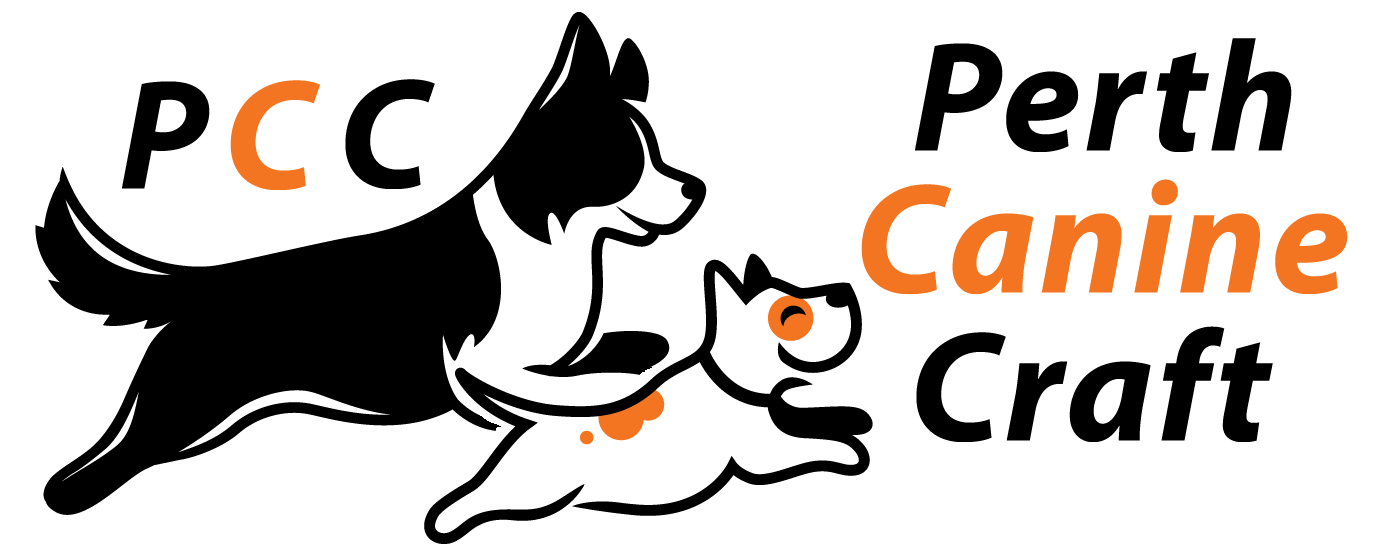
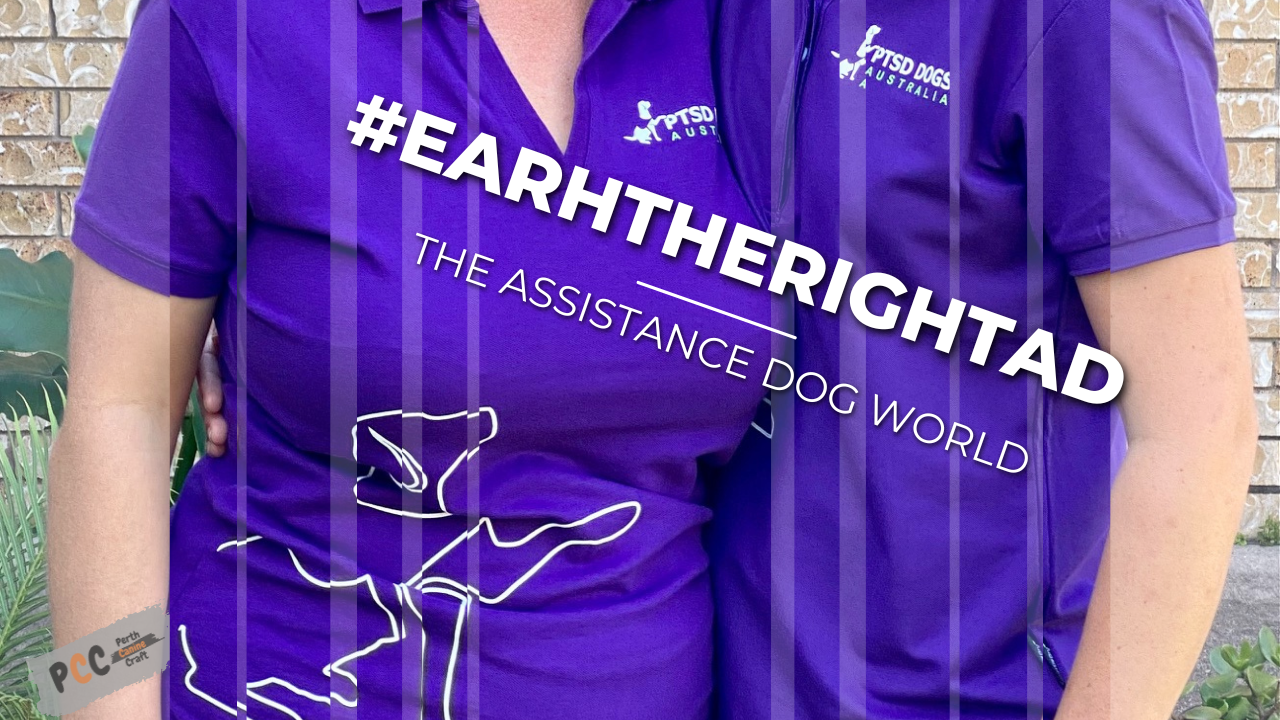
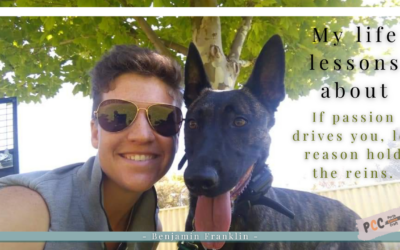
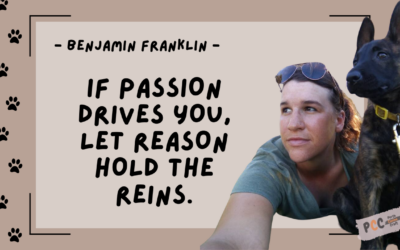
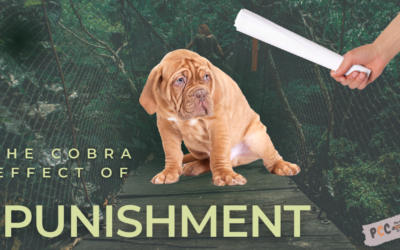
0 Comments